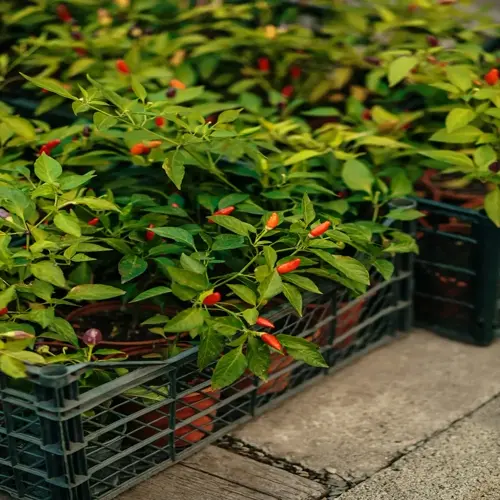Is propagating patented rose varieties illegal?

Written by
Tina Carter
Reviewed by
Prof. Martin Thorne, Ph.D.Without permission, propagating patented rose varieties constitutes infringement of plant intellectual property protection laws. Many modern hybrids are patented, which provides plant breeders with the protection of patent rights for 20 years. These legal protections prohibit only certain types of commercial propagation. Home gardeners should always determine the patent status before propagating roses.
Similar to copyrights for original works, plant patents protect new cultivar creations. For many years, breeders have continued to develop and grow unique varieties worthy of protection. Patents prohibit others from commercially reproducing or propagating patented plants without the authorization of the patent holder. The plant patent process stimulates innovation while respecting breeder rights in the horticulture industry.
Recognizing Patented Varieties
- Look for patent numbers on plant tags (e.g., PP12345)
- Check online databases like USPTO Plant Patents
- Assume modern hybrids introduced after 1990 are likely patented
- Consult nursery documentation for propagation rights
Legal Exceptions
- Heritage roses predating 1940 are patent-free
- Non-commercial propagation may have different rules per jurisdiction
- Expired patents enter public domain after 20 years
- Propagation rights sometimes transfer with plant purchase
Penalties for illegal propagation can be large, especially in a commercial setting. The fine may vary from hundreds to thousands per unauthorized plant. Serious violations can lead to lawsuits and injunctions. I witnessed a case in which a nursery was fined $15,000 for propagating protected roses without the necessary rights.
Propagating a cultivar? Always verify propagation rights before undertaking any of the above actions. Contact the breeders directly for permission when necessary; often, they have reasonable propagation licenses available for small producers. Doing so benefits their work and allows you to expand your rose collection safely.
Heritage roses have amazing patent-free options. Varieties like 'Madame Hardy' and 'Souvenir de la Malmaison' can be propagated. These historical gems often have better endurance and fragrance than modern hybrids. These varieties are a great place to focus your propagation efforts to avoid any legal trouble.
Read the full article: How to Grow Roses from Cuttings

